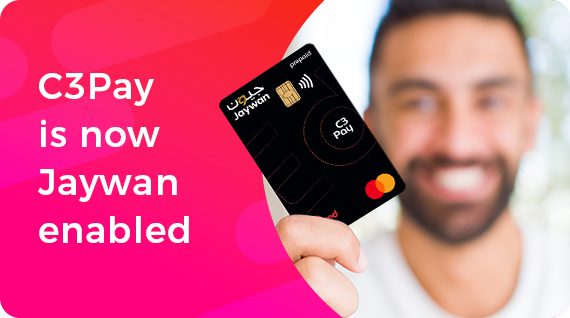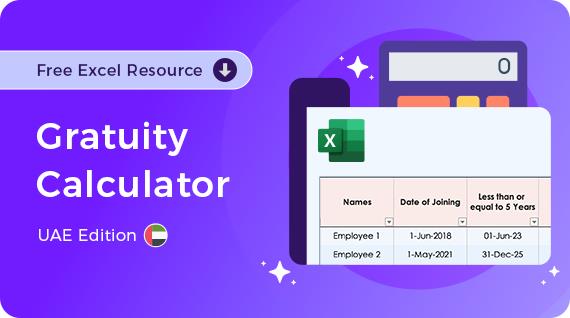In the UAE, ensuring employees are paid accurately and on time isn’t just good business practice—it’s a legal requirement. This WPS salary guide is designed to help HR and payroll professionals, especially in small businesses, understand how to manage WPS salary payments effectively. The Wages Protection System (WPS) was introduced by the Ministry of Human Resources and Emiratisation (MOHRE) to safeguard workers’ rights and ensure transparency in salary payments.
Whether you’re new to payroll or looking to streamline your current process, this guide will walk you through everything you need to know.
✅ What is a WPS Salary?
WPS salary refers to employee wages that are processed through the UAE’s Wages Protection System. It’s a digital salary transfer system that ensures employees receive their wages on time, directly into their bank or exchange house accounts, in accordance with their employment contract.
As per Ministerial Resolution No. 598 of 2022, all employers registered with the Ministry of Human Resources and Emiratisation (MoHRE) are legally required to pay their employees’ wages through the Wages Protection System (WPS) to ensure timely and transparent salary distribution.
📌 Key Pointers for HR Professionals
Here are the most important things to keep in mind for HR and payroll teams managing WPS salary payments:
1. Register Your Company with WPS
- Ensure your company is registered with MOHRE and linked to a WPS-compliant bank or exchange house.
- You’ll need a corporate bank account and a WPS agent to process salary files; however, with a payroll platform like Edenred, much of this is handled for you right from simplifying setup and ensuring smooth and compliant salary disbursements, to personally onboarding your employees.
2. Use the Correct SIF Format
- Salaries must be submitted using a Salary Information File (SIF) in the correct format.
- Errors in formatting or data can lead to rejections or fines.
3. Pay Salaries on Time
- Salaries must be paid within 10 days of the due date. According to Ministerial Resolution No. 43 of 2022, UAE employers must pay salaries on the agreed-upon payday in the contract. If payment is not made within 15 days from the due date, then financial penalties may apply.
- Apart from penalties, there could also be suspension of new work permits and legal action in some cases.
4. Maintain Accurate Employee Records
- Ensure all employee details (name, labour card number, salary, bank details) are up to date.
- Discrepancies can cause payment failures or compliance issues.
5. Track and Report Payments
- Keep a record of all salary payments and WPS submissions.
- Use payroll software or trackers to monitor every employee’s payment status and generate reports.
6. Understand WPS Penalties
- Non-compliance can lead to:
- AED 5,000 fine per unpaid employee
- Suspension of company operations
- Legal claims from employees
7. Support Blue-Collar Workers
- Many blue-collar employees don’t have traditional bank accounts.
- Consider offering payroll cards to ensure they can receive and access their wages easily.
💡 Tips for Small Business HR Teams
Managing payroll in a small business often means juggling multiple responsibilities. Here’s how to stay efficient:
- Automate where possible: Use a payroll platform to reduce manual errors.
- Stay updated: Labour laws and WPS regulations can change—stay informed.
- Use templates: Track salary submissions, approvals, and payment dates with simple Excel or Google Sheets templates.
- Educate employees: Help workers understand how WPS works and how to access their salaries.
🚫 Common Mistakes to Avoid in WPS Salary Processing
- Submitting incorrect or outdated employee details
- Missing the salary deadline by even a day
- Using the wrong SIF format or file structure
- Not reconciling WPS reports with actual bank transfers
- Assuming all employees have bank accounts (many don’t)
🌟 How Edenred Supports Your Payroll & Workforce
At Edenred UAE, we understand the challenges HR and payroll professionals face, especially in small and mid-sized businesses. Our payroll platform simplifies WPS salary processing, ensuring accuracy, compliance, and strives to give you peace of mind.
We don’t stop there. We also empower your blue-collar workforce by offering smart payroll cards and a user-friendly mobile app that helps them:
- Access their salaries instantly
- Enjoy financial accessibility and ATM withdrawals with a card
- Pay bills and transfer money to their home countries
- Track their expenses and savings
By choosing Edenred, you’re not just streamlining payroll—you’re investing in your people.
❓ Frequently Asked Questions
Q: Can I pay employees in cash if they don’t have a bank account?
A: No. All salaries in the UAE must be paid electronically through WPS. For unbanked employees, payroll cards are a compliant alternative.
Q: What happens if I miss the WPS salary deadline?
A: You may face fines, suspension of work permits, and may even face legal action.
Q: How can I simplify WPS processing?
A: Using a payroll platform like Edenred automates the process, reduces errors, and ensures compliance.
👉 Get in touch with Edenred UAE today to learn how we can help.





